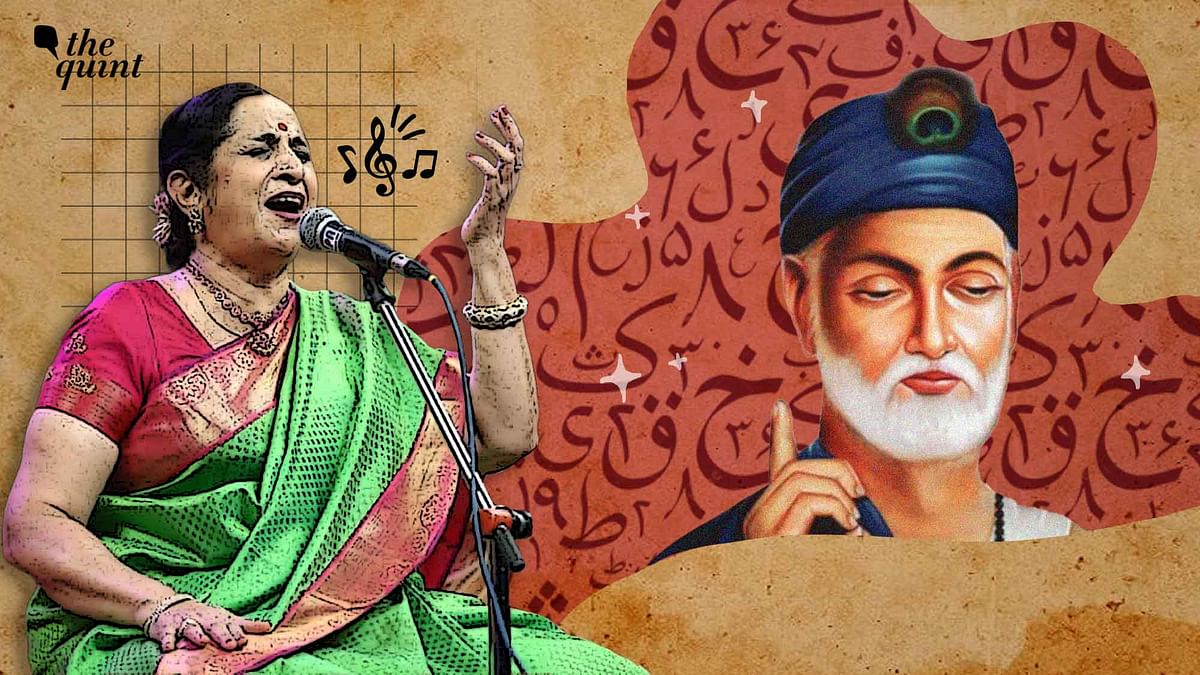
Be it dohas like “Chalti chakki dekh kar, diya kabira roye” which speak of the impermanence of life, or “Maati kahe kumhar se“, in which Kabir focuses on the need to temper our pride and brings in the circularity of life sans religion, faith or geography.
It is because of this very feature that one finds Kabir in not just classical music, but in other forms such as folk, semi classical, chants and congregational music. It comes with no rules attached on how it must be performed, making it adaptable to any kind of music. A prominent part of the oral tradition, the social contexts in which Kabir’s poems were composed and received remain relevant even today.
In an increasingly polarised world, Kabir’s teachings remind us of the futility of division, difference, exclusion, and the need for unification. And as practitioners of Indian classical music, it has given us a voice to express this to listeners across the world.
The sixth edition of the Mahindra Kabira Festival held from 18-20 November and organised by Indian multinational automotive manufacturing corporation—Mahindra & Mahindra Group, on the ghats of Ganga, was a great platform to celebrate the ideas of equality and diversity of us as people and how through different musical forms, Kabir’s teachings ring true for all of us as citizens of the world.
(Aruna Sairam is an Indian classical vocalist and Carnatic music singer. She is a recipient of the Padma Shri award from the Government of India and and has been elected as Vice Chairman of the Sangeet Natak Academy by GOI. She is famously regarded as the Music Ambassador of India)